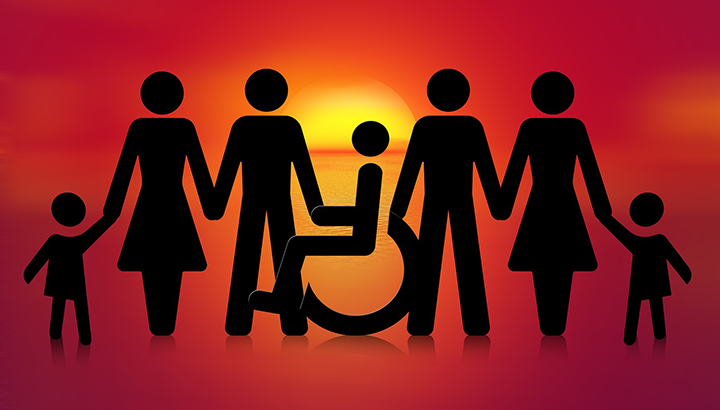News & Events
Readiness and accessibility: Are we truly ready?

Disability inclusion is becoming a more prominent topic of discussion in South Africa, through the Constitution and other legal frameworks, including the Promotion of Equality and Prevention of Unfair Discrimination Act (PEPUDA), the White Paper on the Rights of Persons with Disabilities.
Through these legislative frameworks our country has made great strides towards fostering inclusion and equitable opportunity for persons with disabilities. These frameworks uphold the equitable treatment, dignity, access rights to those with disabilities. However, there are still significant gaps in infrastructure and societal attitudes around accessibility and readiness. These gaps are also visible in how disability is frequently overlooked in planning, hiring and resource distributions.
In this Disability Rights Awareness Month our reflections unfortunately indicate that even with these pledges, it does not live up to the expectations, and the accessibility needs are frequently disregarded in event planning, from venue layouts to communication formats. Disability provisions may be included in recruitment and employment procedures, but the everyday work environment might be impacted with limited resources needed to support candidates with disabilities. These include accessible bathrooms, ramps, and assistive technology/devices. Because of these challenges, inclusion stops being substantial and instead becomes symbolic.
However, individuals with disabilities are entitled to full accessibility, equity and opportunity, not just symbolic inclusion. This article highlights questions of institutional and national readiness to embrace disability inclusion. Do we have inclusive attitudes? And most of all, do ignorance and fear still motivate or influence us? Or are we prepared to take the lead with bravery and fairness?
Even though some of these exclusions result from ignorance some are a result of discrimination, and lack of interest. In some cases, disability is viewed as limitation rather than an opportunity to do things differently. Courage in this regard requires that we ask difficult questions and engage in tasks that might seem uncomfortable but are necessary to achieve substantive transformation.
Transformation is key to true readiness/commitment not only compliance. It calls for inclusive policies, empowered voices, accessible infrastructure, and continual education. For these transformative aspirations to be served all students and staff with disabilities should be served accessible digital and physical infrastructures and supportive, responsive institutional cultures.
Being prepared is an attitude not a checklist. More than just ramps and regulations are needed for true accessibility. We also need empathy, intentionality, and the guts to face our prejudices. As South Africans, we need to go beyond the token gestures and adopt a culture that prioritises and includes individuals with disabilities. The question is now “How can we lead with persons with disabilities?’’ rather than “Should we include persons with disabilities?”
Please remember the slogan for persons with disabilities:
“Nothing about us without us”
* By Mosima Tinyane and Tholiwe Lamola, Department of Leadership and Transformation
Publish date: 2025-11-18 00:00:00.0

